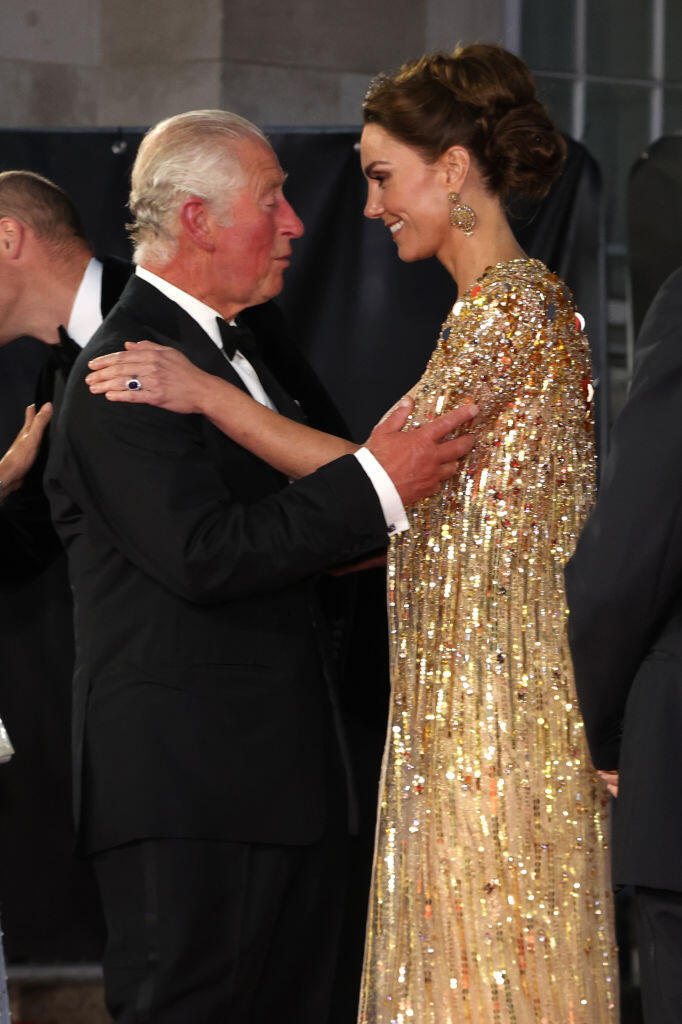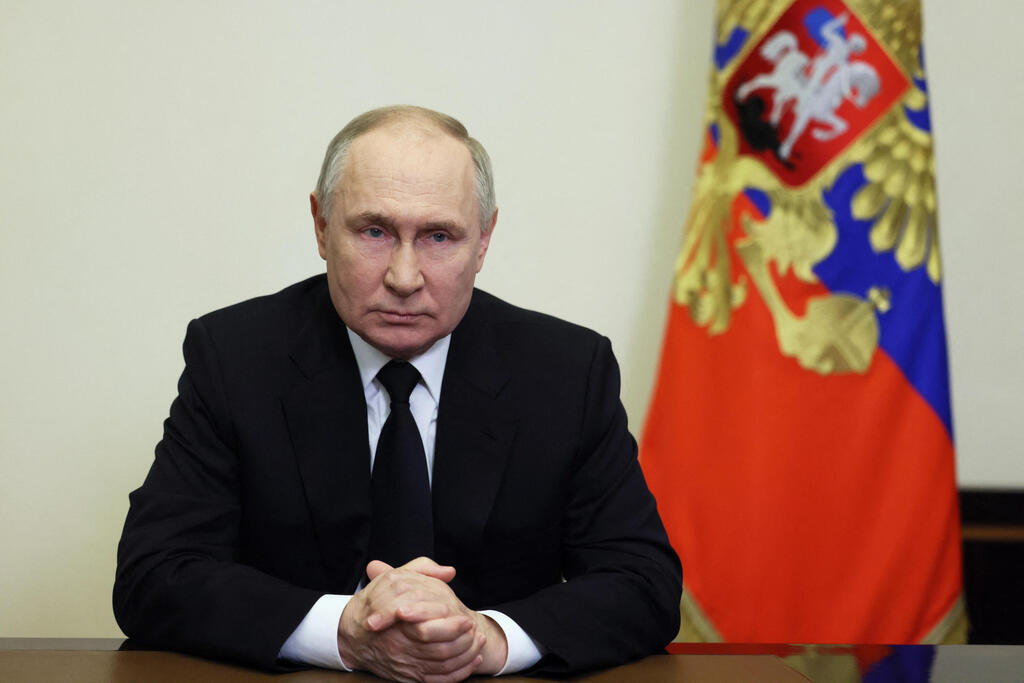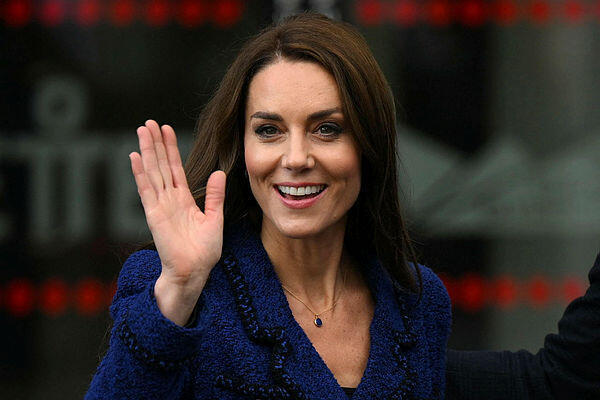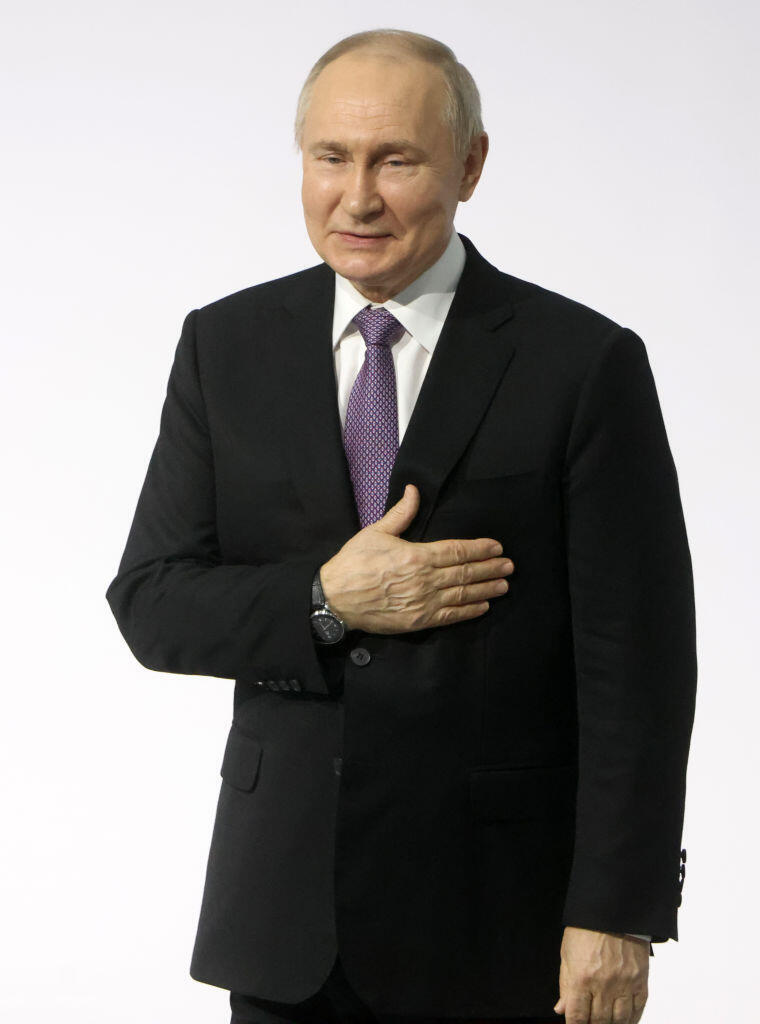After Russian news sites spread false information about King Charles regarding his death, it has been confirmed they are spreading false information concerning the health condition of Kate Middleton, the Princess of Wales, as reported by the New York Times.
According to reports, a Russian group associated with the Kremlin and known for online fake news campaigns against Russia's enemies helped amplify the frenzy surrounding conspiracy theories about the health status of the Princess of Wales.
Researchers in Britain claimed on Wednesday that the Russian disinformation campaign helped spread the rumors. Professor Martin Innes, a digital disinformation expert at Cardiff University in Wales, said that he and his colleagues tracked the sources of 45 social media accounts that posted fake claims about the princess and found a foreign influence network that previously spread false rumors about Ukrainian President Volodymyr Zelensky.
"It provokes an emotional reaction. The story was already being framed in conspiracy terms, so you can appeal to those people. And people who support the royal family get angry," Innes explained.
4 View gallery


King Charles and Princess Kate targeted by Russia
(Photo: Chris Jackson - WPA Pool/Getty Images)
According to Innes, the motive is probably both commercial and political. The number of false rumors about Kate Middleton has skyrocketed in recent months, since the Palace refused to share information, it created an opportunity for the disinformation campaign of foreign accounts to create a tidal wave of speculation.
It remains unclear who funded the group of accounts that targeted the Princess of Wales although Britain's clear support for Ukraine paired with London's long-standing weariness of Moscow have made Middleton an enticing target for the Russians.
Earlier this week, the Daily Telegraph reported that British officials are concerned that Russia, China, and Iran are fueling false rumors about Middleton to destabilize the country. On Monday, during a parliamentary session, a British deputy prime minister, Oliver Dowden, said this is "a reminder to us all that it is important for us to ensure that we deal with valid and trusted information, and are appropriately skeptical about many online sources."
Innes, who leads a research program examining the reasons and consequences of digital disinformation, said that his team noticed a mysterious spike in tweets about Middleton's condition on March 19, a day after the princes were seen on a farm in Windsor. A popular tweet on X portrayed Middleton with a caption that doubted it was indeed the Princess of Wales.
While looking for the source, Professor Innes found 45 accounts that shared the post. Researchers found that the source for all of them came from one main account, Master Firs. Kensington Palace declined to comment on Russia's partial role in spreading rumors about the princess's condition.
It should be noted that this is not the first time Russia has tried to undermine British institutions and the British public through lies and disinformation. In 2020, a British parliamentary committee concluded that Russia had launched a campaign to undermine British democracy, using tactics ranging from misinformation to election interference. The Russian Foreign Ministry dismissed the allegations as "Russophobia."
4 View gallery


UK accused him of fake elections so Putin allegedly spread fake news
(Photo: Sputnik/Mikhail Metzel/Pool via REUTERS)
Earlier this month, the Russian news site Sputnik reported that King Charles had passed away at the age of 75. Minutes after reports of Charles's death circulated, on Russian news sites, the British embassy in Kiev clarified on social media that these reports were false.
According to reports, the announcement of the king's death was a response to British accusations that Putin's victory in the elections was orchestrated. The major sites that led the rumors about Charles's death were RIA, Sputnik, and Readkovka, news sites known for supporting Putin, and they corrected their reports after the clarification from the British embassy.



